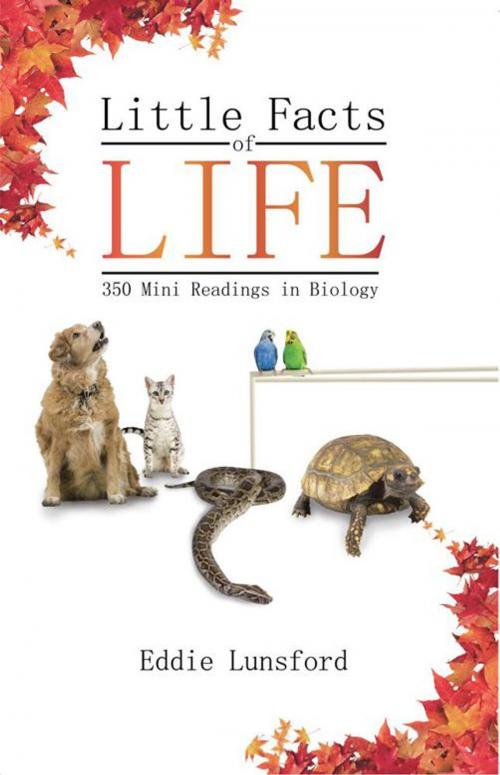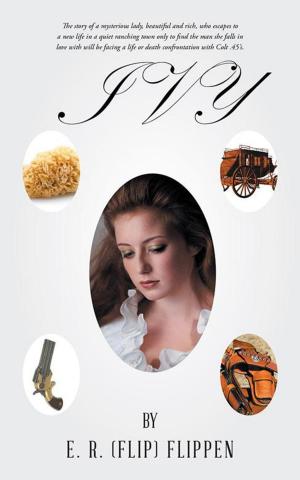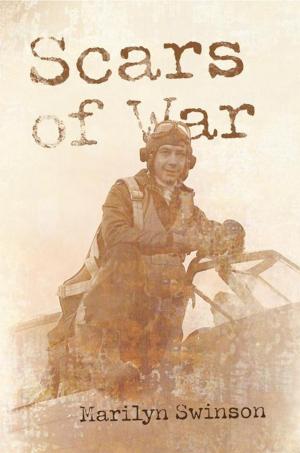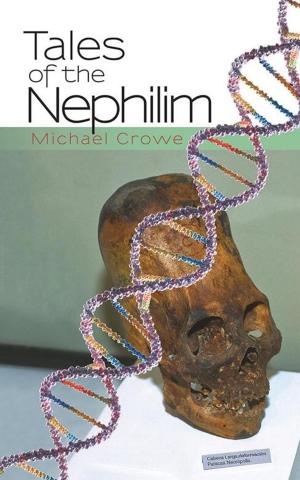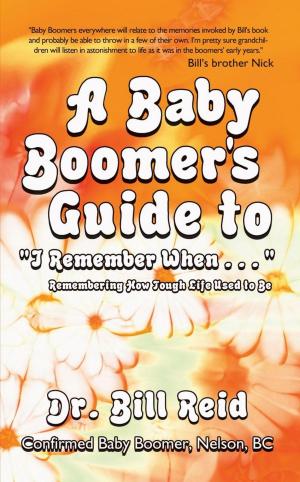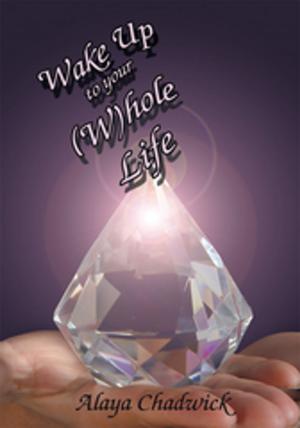Little Facts of Life
350 Mini Readings in Biology
Nonfiction, Science & Nature, Science, Biological Sciences| Author: | Eddie Lunsford | ISBN: | 9781475977714 |
| Publisher: | iUniverse | Publication: | March 19, 2013 |
| Imprint: | iUniverse | Language: | English |
| Author: | Eddie Lunsford |
| ISBN: | 9781475977714 |
| Publisher: | iUniverse |
| Publication: | March 19, 2013 |
| Imprint: | iUniverse |
| Language: | English |
How many eyes does a spider have? How do you grow seedless plants? Could bacteria survive near nuclear reactors? Can you name animals that travel in coalitions, parliaments and mischiefs? These are just a few of the interesting questions youll find answers to in Little Facts of Life. Enjoy high-interest, paragraph-long readings that deal with topics from the plant kingdom, animals, genetics, ecology and the microscopic world.
Learn about a fungus that nearly wiped out the most common tree in eastern North America in less than 50 years.
Why would birds rub dead ants on their feathers?
Study bacteria that are used to kill mosquitoes.
How is chocolate made?
The hinny, tiglon and cabbish are organisms that share something remarkable in common.
How many stomachs does a cow really have?
Read about algae that can grow 700 feet long.
Spiders go ballooning, moths drink blood and devil dogs swim.
Little Facts of Life: 350 Mini Readings in Biology is a fun and informative collection for young and old alike. Teachers, students, bathroom readers and trivia buffs will delight in learning more about the world in which we live! Good, clean fun!
How many eyes does a spider have? How do you grow seedless plants? Could bacteria survive near nuclear reactors? Can you name animals that travel in coalitions, parliaments and mischiefs? These are just a few of the interesting questions youll find answers to in Little Facts of Life. Enjoy high-interest, paragraph-long readings that deal with topics from the plant kingdom, animals, genetics, ecology and the microscopic world.
Learn about a fungus that nearly wiped out the most common tree in eastern North America in less than 50 years.
Why would birds rub dead ants on their feathers?
Study bacteria that are used to kill mosquitoes.
How is chocolate made?
The hinny, tiglon and cabbish are organisms that share something remarkable in common.
How many stomachs does a cow really have?
Read about algae that can grow 700 feet long.
Spiders go ballooning, moths drink blood and devil dogs swim.
Little Facts of Life: 350 Mini Readings in Biology is a fun and informative collection for young and old alike. Teachers, students, bathroom readers and trivia buffs will delight in learning more about the world in which we live! Good, clean fun!
